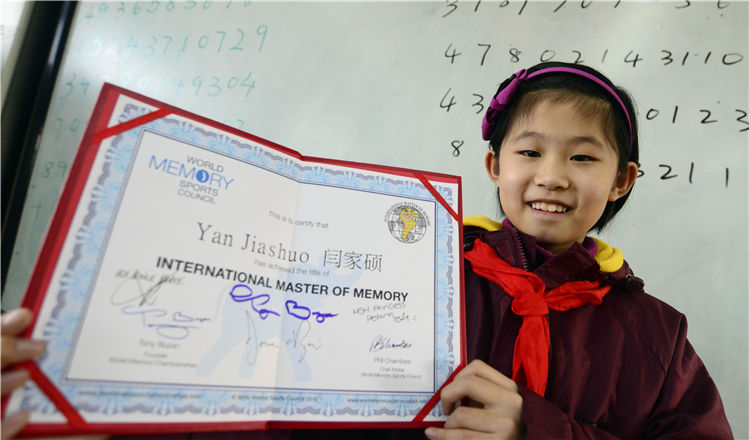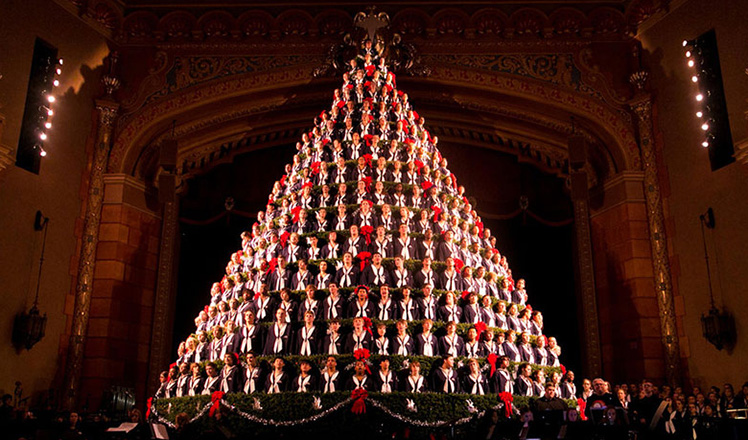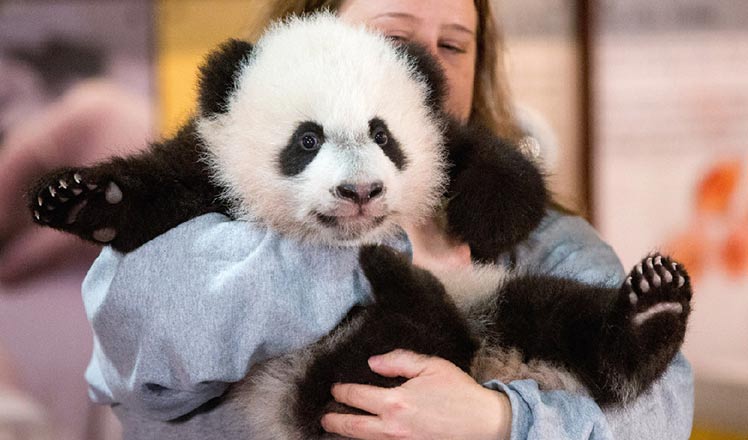Star Wars is Taoism in American garb
Updated: 2015-12-24 07:54
By Thorsten J. Pattberg(China Daily USA)
|
||||||||
George Lucas's multi-billion dollars Star Wars franchise, now owned by the Disney Company, is going to be very popular in China, too. That's because Star Wars is basically a metaphor for Taoism.
Star Wars is a space saga with aliens and superhumans. The superhumans are called "Jedi knights" who mastered "the Force" and embarked on the "Jedi's Way". Taoism is a 2,500-year-old cosmic Chinese philosophy about the force (qi), the way (tao) and superhumans - the junzi (or daojun) - embarking on the "Way of Tao".
Those who have studied Taoism know about its fundamentals. In the beginning there was the Tao, then the Tao beget the two opposing forces: yin and yang. In Star Wars we have the "Force", which begets the two opposing forces: the "Light Side" and the "Dark Side" of the "Force". The practitioners of the Way (or Tao) are heroes and antiheroes (called Jedi Masters and Sith Lords in Star Wars).
Both in Star Wars and in Taoism, the practitioners can use telekinesis and extend their lifespan considerably through self-cultivation and mediation (shen-xiu). The Jedi in Star Wars as well as the daojun in Taoism practice wu-wei - effortless action (sometimes translated as non-action). The hierarchy of practitioners in Taoism is this: First we have the superior gentleman (junzi), then the Taoist gentlemen (daojun) and at the top Taoist sages (shengren).
The highest level in Taoism, however, is the xianren - Taoist immortals. In the Star Wars franchise, Darth Vader, Master Yoda and the Emperor are in effect (Taoist) xianren. This is because even after their mortal deaths, they appear as guiding spirits (shen) to their followers. Obi-Wan Kenobi is depicted throughout the Star Wars franchise as rising through the ranks of a talented junzi to a noble daojun (when he picks his first disciple, Anakin Skywalker) and then a shengren (sage). His first disciple, Anakin, is lost to the Dark Side.
As a sage, Kenobi gets a second chance and picks his second disciple, Luke Skywalker (who will later defeat his father, Anakin). When Kenobi chooses to be mortally killed, he does so knowing that the Force would grant him immortality (xianren).
Moreover, all the people mentioned practice ancient forms of martial arts (wu) and wear Taoist robes (daofu). Laymen observers want to see in them "Buddhist monks", but Buddhist shave their heads, while Taoists do not. The Jedi monks in Star Wars, with the exception of natural boldness, do not shave their heads for the Force.
This is not a "new" discovery, however. On the contrary, anyone who knows about Taoism and has seen Star Wars knows about the similarities. George Lucas, who created the story in 1977, is not denying it. Taoist teachers all over the world use Star Wars to explain Taoism. The Internet is full of memes such as "The Tao of Star Wars" or "Tao Te Jedi". And cultural China is not the only one being ripped off by more resourceful Americans in Hollywood.
But with Taoism it is different: Star Wars is not marketed as Eastern philosophy, let alone Chinese philosophy. The idea that a billion-dollar industry and franchise is Chinese philosophy in disguise is unthinkable for most Americans, especially those patriotic.
The original Star Wars staff in 1977 was all white. Aliens stood in as substitutes for the exotic Asians. According to the greatest promotion of any movie in world history, and co-opted Western media, Star Wars is expected to be a huge success in China. Consuming your own culture via American brands and processing is a bit like cultural cannibalism. But then, it is simultaneously intensively gratifying to hear that tens of millions of Americans and Europeans unknowingly have been turned into zealous Taoists.
The author is a cultural critic.
(China Daily USA 12/24/2015 page12)
- Spanish Socialist leader insists no support for Rajoy
- Yearend 2015: Heartstopping images captured by daredevils
- Iraqi forces continue offensive against IS in Ramadi
- China slams US double standards on terrorism
- Russia wants Khodorkovsky arrested abroad on murder charges
- Who's real, who's not? Can you spot the difference?

 10 major economic policies that will make a difference on lives
10 major economic policies that will make a difference on lives
 Santa Claus is busy in China
Santa Claus is busy in China
 Yearend 2015: Heartstopping images captured by daredevils
Yearend 2015: Heartstopping images captured by daredevils
 Girl becomes youngest Master of Memory
Girl becomes youngest Master of Memory
 Whatever the shape or size of a tree, Merry Christmas!
Whatever the shape or size of a tree, Merry Christmas!
 The world in photos: Dec 14 - 20
The world in photos: Dec 14 - 20
 First American woman who works as captain for a Chinese airline
First American woman who works as captain for a Chinese airline
 Life of a family amid Beijing's red alert smog
Life of a family amid Beijing's red alert smog
Most Viewed
Editor's Picks

|

|

|

|

|

|
Today's Top News
Shooting rampage at US social services agency leaves 14 dead
Chinese bargain hunters are changing the retail game
Chinese president arrives in Turkey for G20 summit
Islamic State claims responsibility for Paris attacks
Obama, Netanyahu at White House seek to mend US-Israel ties
China, not Canada, is top US trade partner
Tu first Chinese to win Nobel Prize in Medicine
Huntsman says Sino-US relationship needs common goals
US Weekly

|

|